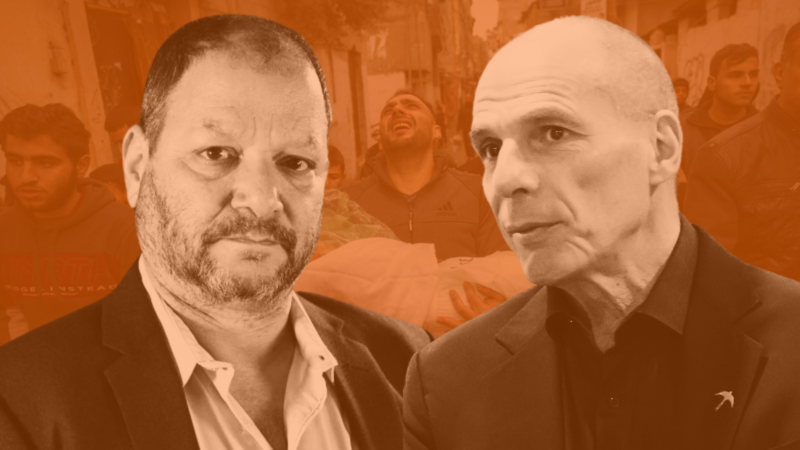As described in DiEM25’s news article “Real” eurozone reforms – and why they miss the mark, Germany, France, Italy and Spain are currently sitting around the table preparing reforms for the eurozone’s monetary organization. They aim for an agreement by this spring.
But the Dutch are on a different page. Dutch independent weekly De Groene Amsterdammer describes how the Dutch government continues to oppose the European Commission’s reform scenarios.
In a letter to the Dutch parliament, the finance minister and the minister of foreign affairs plainly reject any proposal for more integration of the Euro countries. The ministers inform the parliament that the member states’ cuts — along with the recent introduction of the Banking Union — are working and working well.
Of course, they conveniently leave aside the Italian government’s interventions, just two weeks ago, to save its banks — making clear that the European banking resolution mechanism hardly works at all. Nevertheless, the Dutch ministers write that they prefer to continue on Dijsselbloem’s path of muddling through: build further on the EMU’s Stability and Growth Pact and The European Stability Mechanism. And they are encouraging other member states to follow suit.
DiEM25 considers this debate to be far too important to be hidden away from European politicians. Ever since the Maastricht treaty, we find ourselves in a eurozone comprised of strong, net-exporting economies, and weaker, net-importing economies — the first being unable to reach their welfare levels without the latter. Such a monetary bloc will not last long, without fundamental reforms and new mechanisms for redistribution across the bloc.
As explained in our European New Deal (END), DiEM25 would like the eurozone to be a fair union of countries, with strong shoulders securing the solidarity needed for all member states once they find themselves in such a union, instead of squeezing the union’s weakest citizens.
The Dutch government today offers an ostrich policy. It boasts the country’s economic growth and falling unemployment. But it leaves aside that the growth of employment opportunities over the past 15 years has consisted largely of temporary contracts, zero-hour contracts and freelancers. The new government says it wants to end involuntary part time work, but they have failed — time and again — to put their money where their mouth is.
Support DiEM25 today and help bring our platform to the European Parliamentary elections next year!
Niki is a member of DiEM25 NL.
Do you want to be informed of DiEM25's actions? Sign up here















